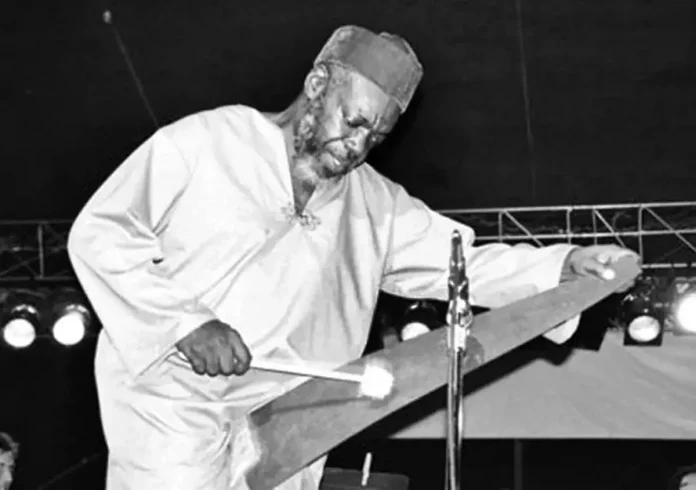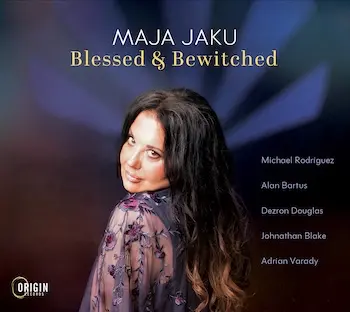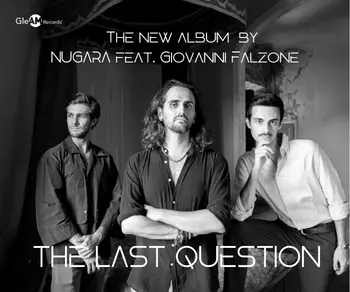Billy Lester Trio: High Standards (Ultra Sound Records US-CD342/S)
When an album includes a selection of standards, it’s always interesting to see how they are handled and occasionally the old joke about playing all the right notes but not necessarily in the right order springs to mind. To some extent this applies here, but it’s certainly not criticism.
Coming from the Tristano-inclined school, pianist Billy Lester tends to either play the melody very briefly at the start, or not at all, the chords disassembled and used fragmentarily in a stream of expressive consciousness. Whereas Tristano would follow the melody more closely, for example on There Will Never Be Another You (and even on his Smog Eyes, a derivation of the tune), Lester veers away more, opening it up, but keeping logical changes with only an occasional nod to the original. In this respect he’s closer to the abstract approach of his mentor, Sal Mosca, although here it swings more, thanks to the close attention of bassist Marcello Testa and the drums of Nicola Stranieri.
What Is This Thing Called Love is a deliciously dark, slow blues, complete with walking bass line, whilst the tension of Out Of Nowhere changes from restlessness into a more relaxed mode. Lester’s playing is relentlessly inventive, full of originality with a great feeling of spontaneity. I’ll Remember April is taken at a fast tempo, Lester going straight into improvisation with often unpredictable shifts of emphasis; the same applies to Somebody Loves Me. Stranieri gets a look in on Just Friends, I’ll Remember April and Lover Come Back To Me – there’s a pianistic quote from Dick Twardzik’s Albuquerque Social Swim here – and Testa’s bass is highlighted on You Go To My Head.
Roy Brooks: The Free Slave (Time Traveler Recordings)
Another musician of bebop and beyond who served as a mentor for up-and-coming players was Max Roach, and this is evidenced in the Roy Brooks composition Five For Max on this album. Recorded live at the Left Bank Jazz Society, Baltimore in 1970 and originally issued on Muse, The Free Slave shows what an explosive and exciting drummer Brooks was, with a versatility of approach acknowledged by his peers – his associations read like a Who’s Who of modern jazz.
Here he’s leading the young Woody Shaw, whose clear, punchy delivery contrasts well with George Coleman’s smooth tenor tones. Pianist Hugh Lawson is on hand and his rhythmic vamping adds to this cohesive unit, but it’s bassist Cecil McBee who impresses. He provides the simple underlying pulse on the soulful title track and a variable bass line and solo on Understanding. He contributes his own composition, Will Pan’s Walk, taken at a blistering pace which fires up an already appreciative and responsive audience. Brooks pulls out all the stops on this, vigorously filling in and urging his fellow players on.
There’s a slightly freer, clipped interaction between the horns on Understanding, as Brooks modifies his support before calling an end with a gong-like closure. He was known for his experimental percussion, and this could be the musical saw he used at times, notably with Mingus’s group and later with the Max Roach percussion band, M’Boom. Another accoutrement is his use of “Breath-a-Tone”, a set of tubes which when blown, supplies air to effectively alter the pitch of the drums, heard here on Five For Max.
This is a fine release, and let’s hope for more reissues from the early 70s to mid 90s Muse catalogue.




